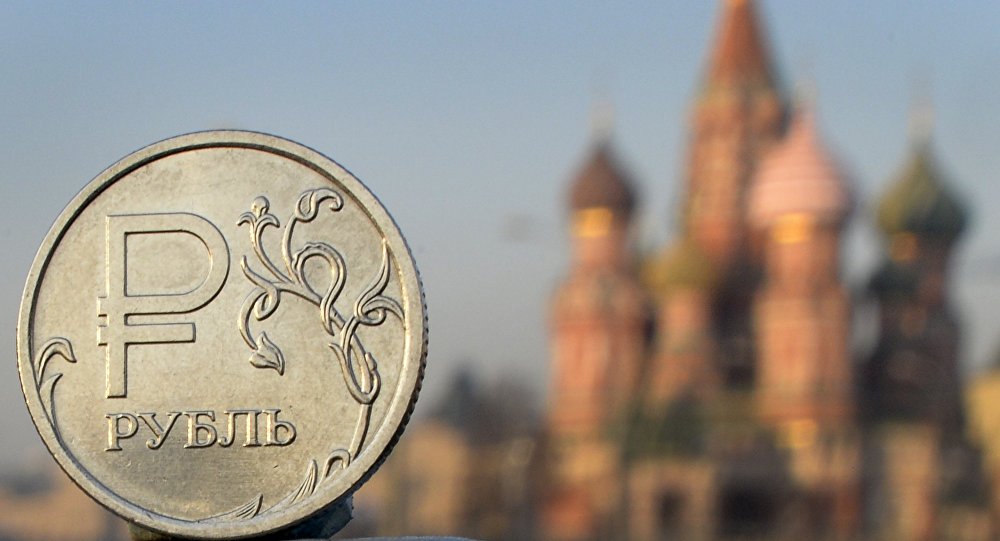
 Notorious Western sanctions can be even good for Russian economy. The Bank of Russia says that although restrictions imposed on Russia are likely to remain, their damaging impact on country's economy continues to diminish.
Notorious Western sanctions can be even good for Russian economy. The Bank of Russia says that although restrictions imposed on Russia are likely to remain, their damaging impact on country's economy continues to diminish.
MOSCOW (Sputnik) — The Bank of Russia said Friday it was expecting the Western financial sanctions to continue to be imposed on Russia in 2018-2020, but their impact on the economy would continue to weaken.
"The Bank of Russia expects the international financial sanctions to remain through the entire forecast horizon. Their restraining influence will continue to weaken, given the already existing adaptation of the Russian real and financial sectors to them," the financial regulator said in a report on the draft guidelines for monetary policy in 2018-2020.
Taking into account the geopolitical situation external economic factors remain the source of uncertainty for the country and thus cannot be relied upon. Against this background Russia gives higher priority to internal sources of economic development. Improvement of the sustainability of banking and financial sectors and the development of national payment system so as to be able to secure economic relations are intended to secure economic relations no matter what external economic conditions are.
According to the UN special Rapporteur on human rights, the cost of unilateral coercive measures against Russia for the EU, the US and other countries is twice as high as the loss of Russia. Many experts declared that Russian economy even benefited from Western sanctions. Import substitution takes economy to the next level invigorating all sectors of production.International sanctions were imposed on Russia in 2014 amid the Ukrainian crisis and Crimea's unification with Russia. Since then coercive measures have been further strengthened. Brussels introduced several rounds of anti-Russia sanctions, and Moscow introduced countermeasures, imposing food embargoes on the countries that implemented the sanctions. On Thursday the EU has again prolonged restrictions on Russia over Ukraine's internal conflict.
In August United States President Donald Trump signed into law a bill imposing new sanctions against Russia, Iran and North Korea. Most notably, the law slaps sanctions on Russia's defense, intelligence, mining, shipping and railway industries and restricts dealings with Russian banks and energy companies. The move punishes Moscow for its alleged meddling in the 2016 US presidential election, its alleged involvement in the situation in Ukraine, as well as its military activities in Syria. Russia has repeatedly denied the allegations.



_jpg/250px-ElbeDay1945_(NARA_ww2-121).jpg)





